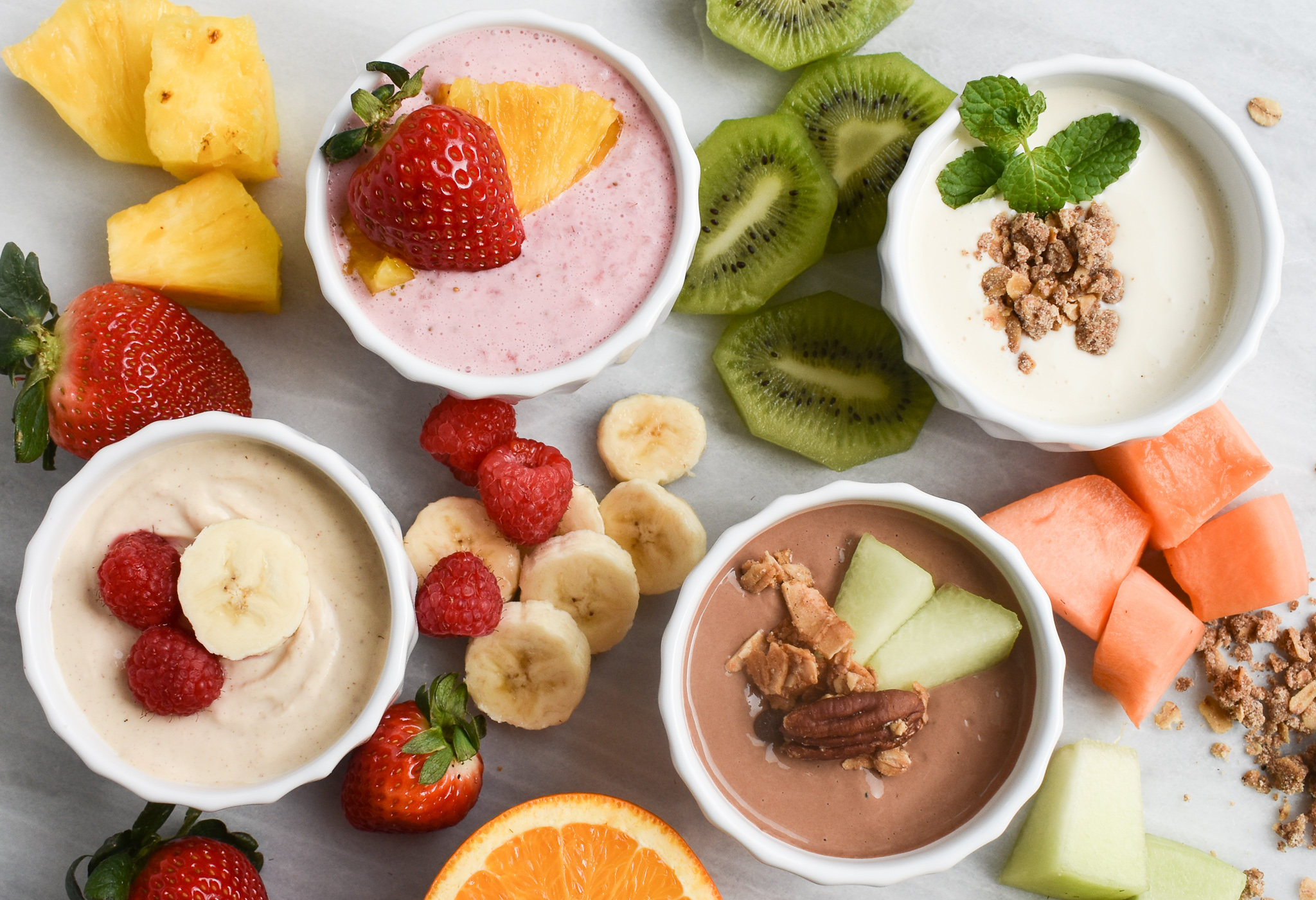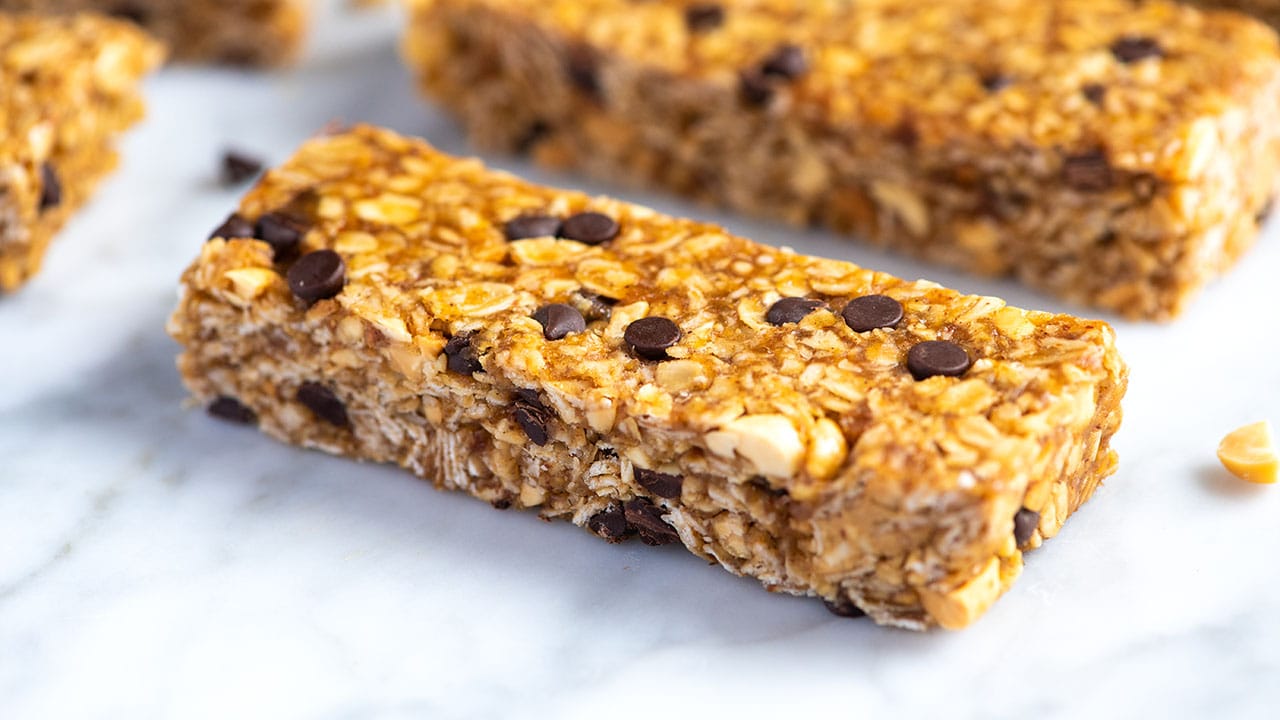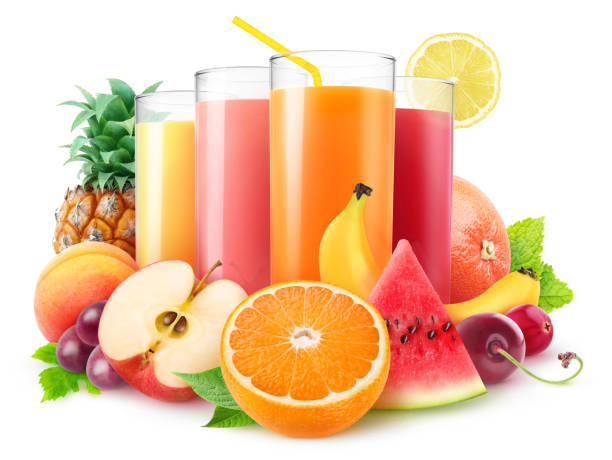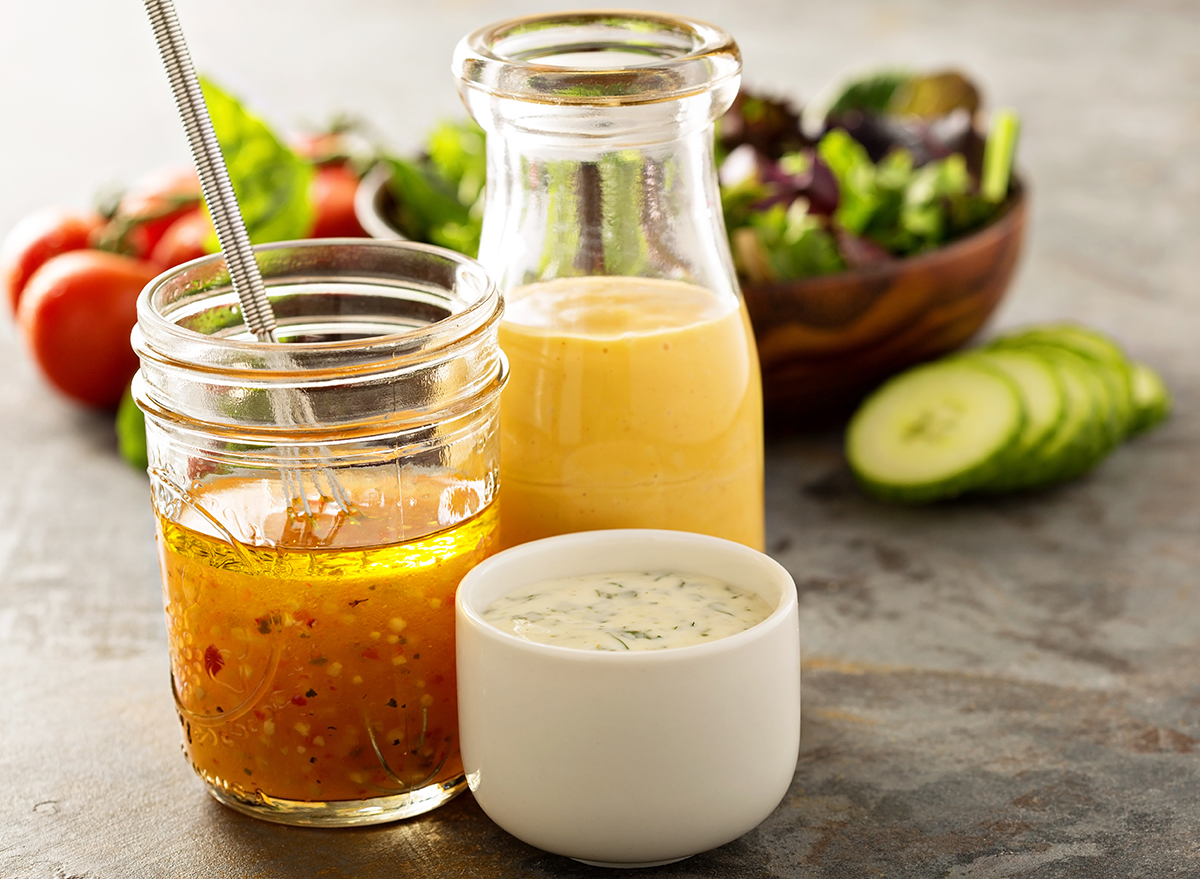Introduction:
Navigating the world of nutrition can be challenging, especially when certain foods that seem healthy may not be as virtuous as they appear. In this guide, we’ll shed light on eight foods that might deceive with their healthy facade, helping you make informed choices for a truly balanced diet.
1. Flavored Yogurt

While yogurt is generally considered a healthy choice, flavored varieties often come with added sugars. These sugars can significantly increase the calorie content and negate some of the health benefits. Opt for plain, Greek yogurt and add your own fresh fruits for sweetness.
2. Granola Bars

Marketed as a quick and healthy snack, some granola bars are loaded with sugars, artificial additives, and unhealthy fats. Always check the ingredient list and choose bars with whole grains, nuts, and minimal added sugars.
3. Smoothies from Stores

Store-bought smoothies may seem like a convenient way to consume fruits and vegetables, but they can be high in sugar and lacking in fiber. Making your own smoothies at home allows you to control the ingredients and avoid excessive added sugars.
4. Diet Soda

Opting for diet soda to cut down on calories may seem like a healthy choice, but the artificial sweeteners used can have negative health implications. Studies suggest potential links to metabolic issues, so it’s crucial to moderate consumption or explore alternative beverages like water or herbal teas.
5. Veggie Chips
:max_bytes(150000):strip_icc()/homemade-vegetable-chips-102105-hero-01-5be2062fc9e77c0051eb8529.jpg)
While the word “veggie” implies healthiness, many commercial veggie chips are often fried and loaded with salt and unhealthy oils. For a genuinely nutritious snack, consider making your own veggie chips by baking thinly sliced vegetables with minimal oil.
6. Reduced-Fat Peanut Butter

Reduced-fat peanut butter might seem like a wise choice, but manufacturers often compensate for the reduced fat content by adding sugars and other fillers. Opt for natural, full-fat peanut butter in moderation for its healthy monounsaturated fats.
7. Fruit Juices

Despite their natural origins, many fruit juices are stripped of fiber and loaded with added sugars. Consuming whole fruits is a healthier option as they provide fiber, vitamins, and minerals. If opting for juice, choose 100% pure varieties without added sugars.
8. Pre-Packaged Salad Dressings

Salads are a go-to for health-conscious individuals, but pre-packaged salad dressings can be high in added sugars, unhealthy fats, and sodium. Create your own dressings using olive oil, vinegar, and herbs for a flavorful and nutritious option.
Conclusion:
Identifying seemingly healthy foods that may not align with your nutritional goals is crucial for making informed choices. By scrutinizing labels and being aware of hidden additives, you can build a well-rounded and genuinely healthy diet.
FAQs:
1. Why are flavored yogurts not as healthy as plain ones?
Flavored yogurts often contain added sugars for taste, which can contribute to excess calorie intake. Choosing plain yogurt and adding fresh fruits allows you to control the sweetness without compromising on nutrition.
2. Are all granola bars unhealthy?
No, there are healthier granola bar options that contain whole grains, nuts, and minimal added sugars. Check the ingredient list and opt for bars with wholesome ingredients.
3. Can I trust “diet” or “sugar-free” products for weight management?
While these products may have fewer calories, they often contain artificial sweeteners, which may have other health implications. Moderation and balance are key when including such products in your diet.
4. Are all fruit juices unhealthy?
Not necessarily. 100% pure fruit juices without added sugars can be a source of vitamins, but it’s essential to consume them in moderation. Whole fruits, with their fiber content, are a healthier option.
5. Why is reduced-fat peanut butter not recommended?
Reduced-fat peanut butter often contains added sugars and fillers to compensate for the reduced fat content. Natural, full-fat peanut butter provides healthy monounsaturated fats and can be consumed in moderation as part of a balanced diet.
